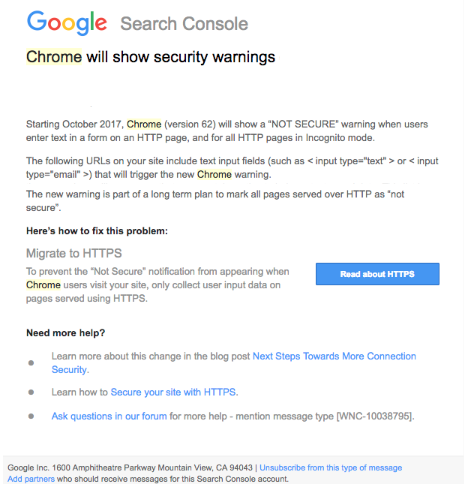
The deprecation of TLS 1.0 and 1.1 is also a good thing (mandatory, in my opinion), as 1.0 and 1.1 are both broken and vulnerable. However, I would be entirely comfortable just using HTTP for those, as my network would have to be infiltrated in order to attack them, and if that happens then I have much, much larger problems. Those do use HTTPS because my webserver is already configured to do that since it also serves up sites that are accessible from the internet. That said, there do still exist reasons not to, and I think that HTTPS proponents often go overboard in their advocacy.įor instance, I run a couple of websites that are only accessible from within my personal network. There isn’t that much reason not to do it these days. The only real reason to not use HTTPS for all websites is one of cost, and that cost has been greatly reduced over the past few years. The risk of such attacks, even on nonsensitive websites, is that they can be used to engage in further attacks against your system (both in the form of intrusion and malware). Using HTTPS, even for websites that are in no way sensitive, is a good idea as it helps to prevent man-in-the-middle and other forms of attack. Let me put on my computer security hat for this reply… Chrome displays warnings in the browser's built-in Developer Tools as well to inform webmasters and developers about the deprecation of earlier versions of Hawack:

The change is visual in nature users are not blocked from accessing the resource. You may also search for just TLS to speed this up.Ĭhrome will display the "not secure" label if a site uses TLS 1.0 or TLS 1.1. Search for Show security warnings for sites using legacy TLS versions.Load chrome://flags in the browser's address bar.Chrome users may set an experimental flag in the browser to test the new warning functionality before Chrome 79 lands.

This site uses an outdated security configuration, which may expose your information".Ī click on the "not secure" label displays the very same message when Chrome 79 lands. The browser displays a warning page instead that reads "Your connection is not fully secure. Starting with Google Chrome 81, Chrome will prevent connections to sites that use TLS 1.0 or TLS 1.1.

The main intention is to provide users and webmasters with information that they may act upon webmasters need to enable TLS 1.2 or later on the server to address the issue. Starting with Google Chrome 79, Chrome will give sites a "not secure" label if TLS 1.0 or TLS 1.1 is used.


 0 kommentar(er)
0 kommentar(er)
